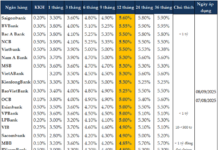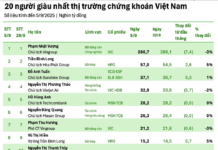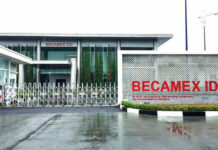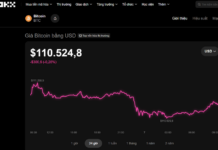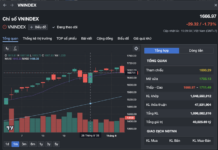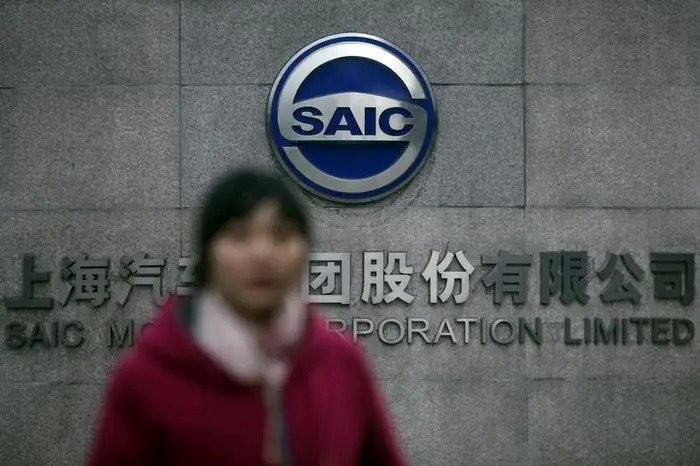
A Chinese electric vehicle manufacturer faces particularly harsh duties compared to its competitors.
The European Union says state-owned SAIC Motors, a partner of General Motors and Volkswagen, failed to cooperate with EU authorities and did not provide them with the necessary documents.
Last week, the company was hit with an additional 36.3% duty on its cars sold in the EU over allegations that it benefited from “unfair subsidies,” undermining the competitiveness of European rivals.
This is a revised rate from an even higher preliminary rate of 37.6%. The additional duty will be applied on top of the existing 10% tax, which is levied on all electric cars imported from China.
Compared to SAIC, China’s largest electric vehicle manufacturer BYD and Volvo’s parent company Geely face much lower additional duties of 17% and 19.3%, respectively.
Tesla, which also manufactures cars in China, faces a duty of just 9% as it benefits less from Chinese subsidies.
According to the EU, the extremely harsh duty for SAIC is due to the company’s lack of cooperation with Brussels. In a report in July, the European Commission found that the information provided by SAIC was “extremely deficient,” lacking important information such as production costs, procurement-related information, and related companies.
Meanwhile, SAIC argues that the EU has asked for too much information. They also faced internal challenges in responding to the EU. According to sources, the manufacturer didn’t even have access to some data from their own suppliers, which prevented them from providing certain mandatory documents.
SAIC’s representative didn’t immediately respond to Business Insider’s request for comment.
Tariffs in Europe are a headache for Chinese electric vehicle manufacturers, who already face a 100% import duty in the US.
Europe is a significant market for Chinese companies. In an August report, HSBC stated that the market share of Chinese manufacturers in Europe could increase from over 6% in 2023 to 10.5% by 2030.
The EU accuses China of over-encouraging production in various industries, including electric vehicle manufacturing. Meanwhile, China claims that the EU is engaging in protectionism and attempting to restrain its economic development.
EU May Impose Up to 55% Tariff on Chinese Electric Cars
Electric vehicles from Chinese companies are expected to reach an 11% market share in the EU by 2024, and this could grow to 20% by 2027.







